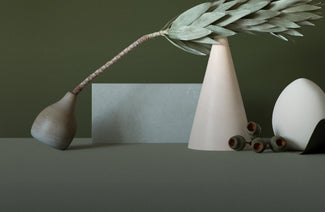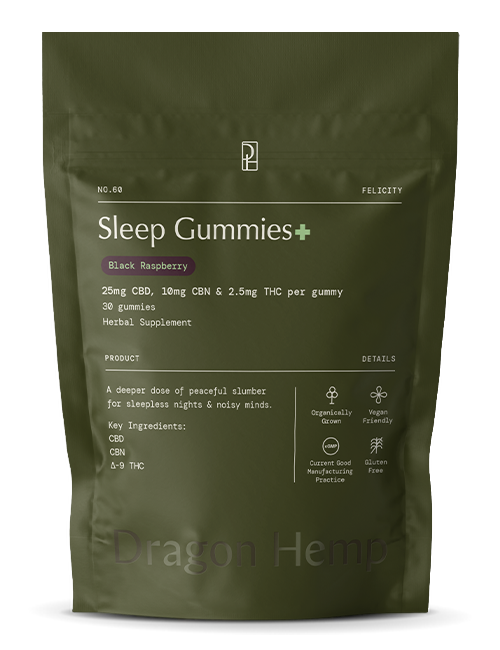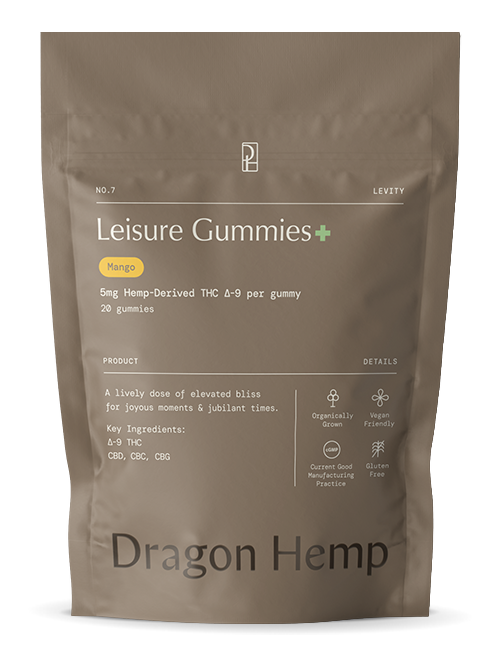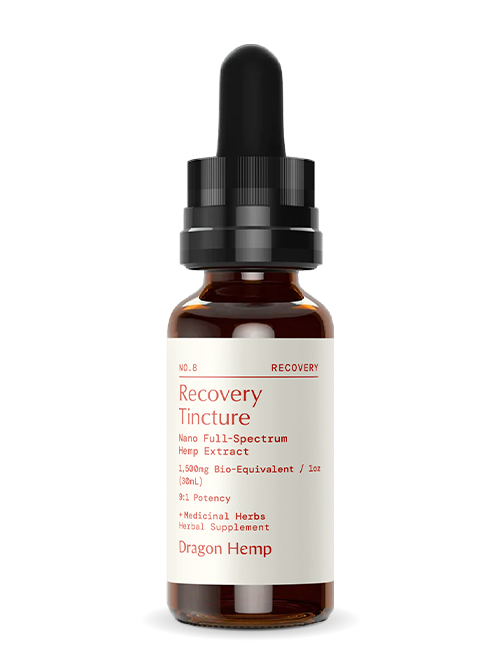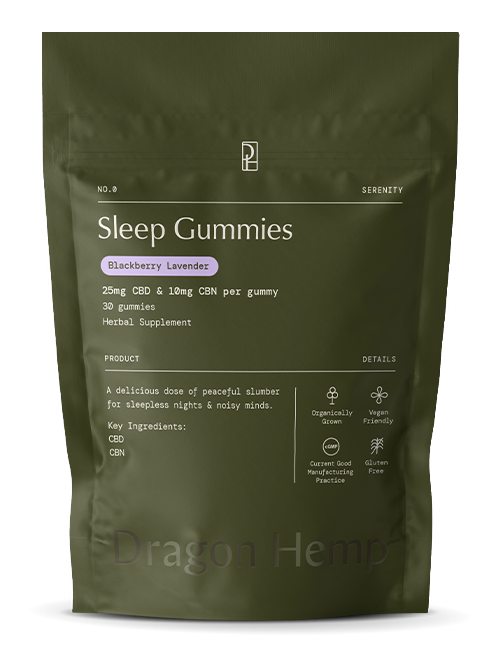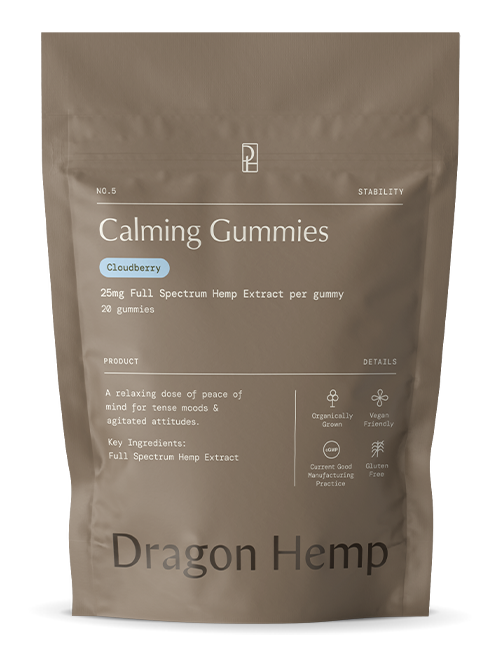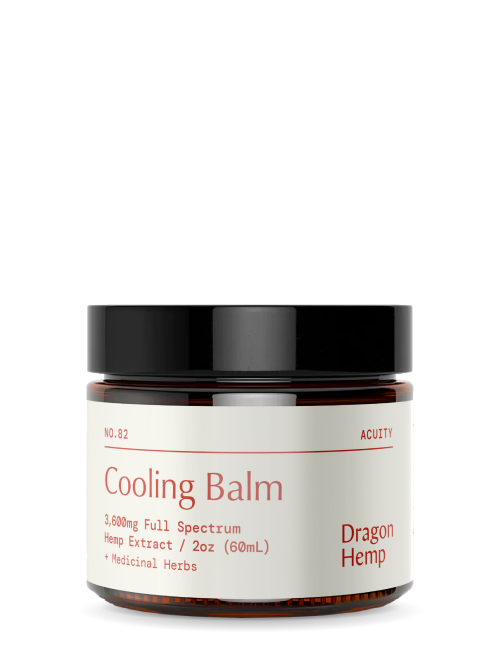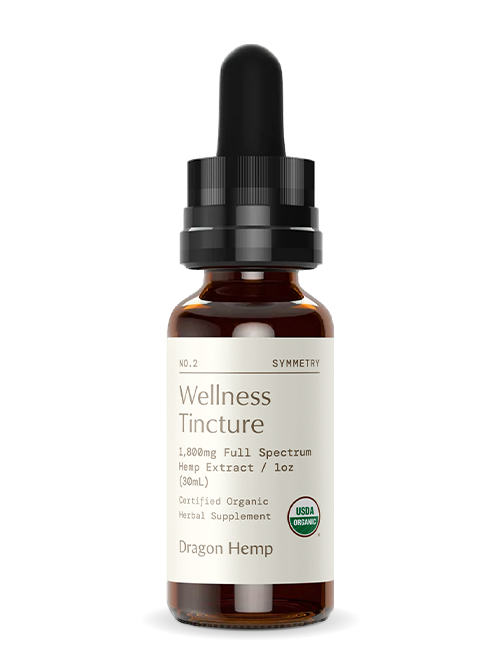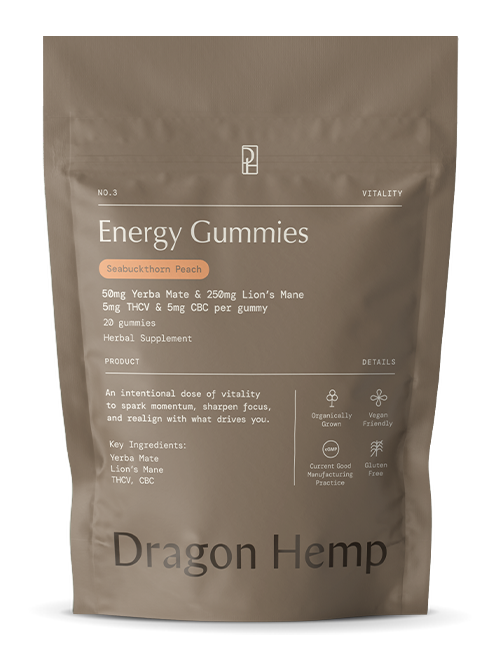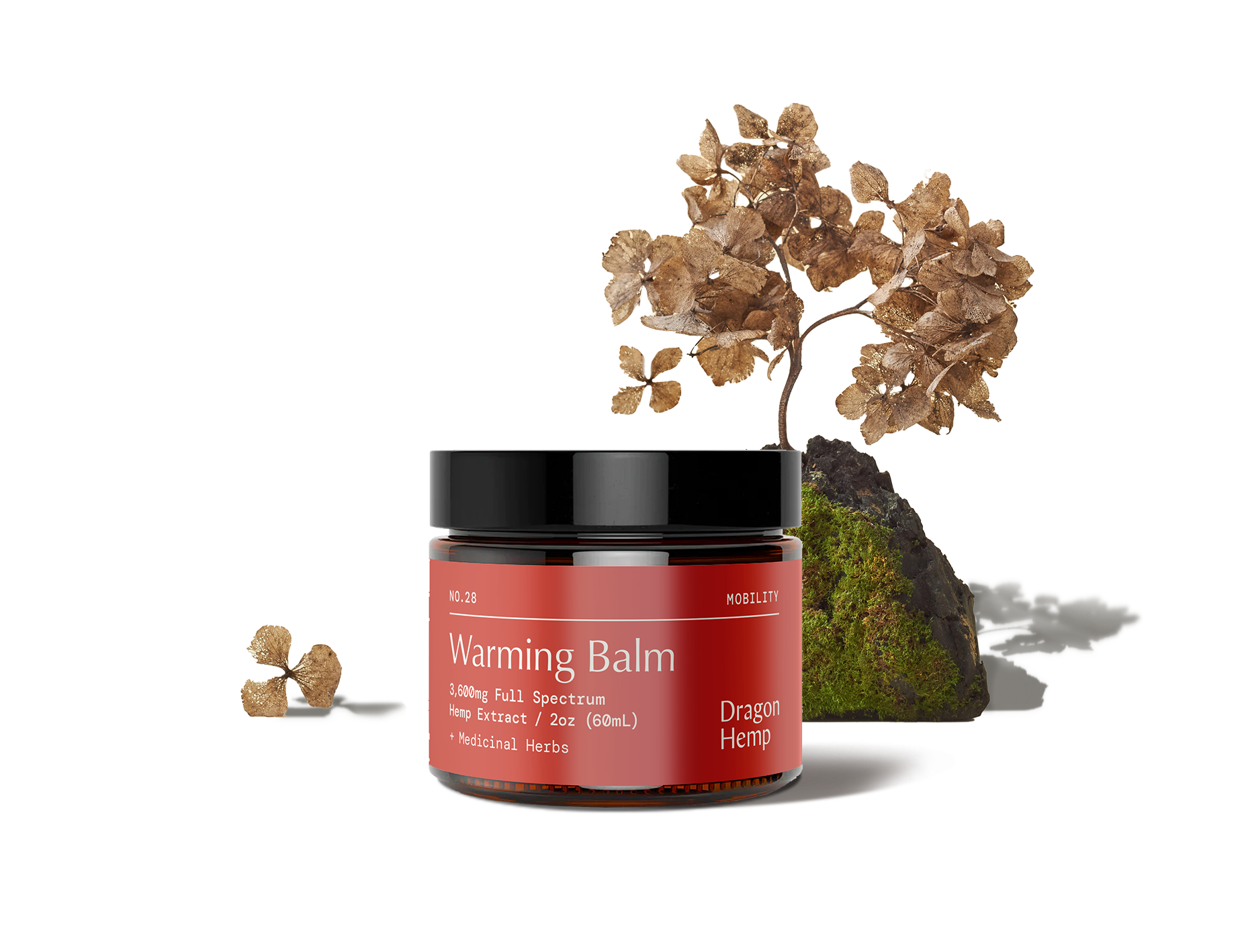
Does THCV Get You High?
There is a wide range of cannabinoids found in hemp, and THCV is one of the most unique. As a minor cannabinoid, it’s not as abundant as CBD or Delta-9 THC, but its peculiar effects are certainly worth exploring.
Insofar as research has been conducted on this cannabinoid, THCV is believed to have the potential for wellness effects and therapeutic properties but is also believed to spurr creativity thanks to its mild psychoactive properties when consumed in larger doses.
If you are interested in knowing how THCV works, and how it can be mildly psychoactive at certain levels but have the contrary effect with smaller doses, we’ve got you. In the following article, you’ll find the basics to understand the effects of THCV, the potential uses, and other psychoactive and non-psychoactive cannabinoids like it.
Key takeaways
- THCV is a natural cannabinoid that has mild psychoactive properties in small quantities.
- People use THCV for its potential wellness benefits.
- THCV will get you high in stronger doses, but it is believed to have about 30% of Delta-9 THC’s potency.
What is THCV?
Let’s quickly review the basic things you need to know. THCV is a natural compound that’s found in hemp, and much like CBD or THC, it is also considered a cannabinoid.
This cannabinoid has grown in use after the 2018 Farm Bill and access to hemp-derived cannabinoids. And while not as strong as Delta-9 THC, it holds similar properties in the wellness department but gives much milder psychoactive effects.
Unlike its isomer, THCV works as an antagonist of the receptors of our endocannabinoid system. This means it can deliver similar effects to certain hemp-derived compounds like CBD while providing a very mild “high”.
This compound was first discovered along with THC in 1971. While the two are similar, THC and CBD come from the Cabergolic Acid in the hemp plant, while THCV comes from a different chemical process that naturally occurs in the plant.
What is THCV used for?
THCV has plenty of potential uses. While more research would be needed to consider it an official clinical treatment.
Animal studies have found that THCV in small doses could effectively lower the hunger stimuli in mice. And with anecdotal evidence, users have said to feel full instead of getting the familiar “munchies” from consuming this cannabinoid.
Others have used this cannabinoid because it is believed it could help with metabolism issues. In controlled studies, research has provided insight into how this cannabinoid could regulate energy, as well as help regulate glucose concentration.
Most people, however, use THCV as a milder cannabinoid that could help with inflammation. Research from 2010 concluded that this compound could decrease pain and overall swelling without having a strong psychoactive component.
Let’s go a little bit deeper into the psychoactive part of this cannabinoid.
Is THCV psychoactive?
Before we can define THCV’s properties, let’s define the term psychoactive. When a compound is described as psychoactive, according to the WHO, it usually means that it can change mental processes when consumed, such as perception.
Now, one of the major psychoactive compounds in cannabis is Delta-9 THC. This compound is the one we commonly call THC and it has psychoactive properties due to its interactions with our nervous system's CB1 and CB2 receptors.
THCV shares a similar chemical structure to THC but acts differently with the proteins of the endocannabinoid system. Instead of binding and interacting with the CB1 receptor, it is considered an antagonist in lower doses.
This means that low doses make THCV’s psychoactive effects almost non-perceptible, according to anecdotal evidence. However, when taken in edibles or over a 30mg concentration, it does interact with the CB1 receptors’ proteins and results in psychoactive effects.
Does THCV get you high?
In general, users have reported that this cannabinoid can make you feel more relaxed in lower doses without giving an intoxicating feeling. So with small doses, THCV should not give you a high.
When used in larger doses, users have noted that THCV can be intoxicating and provide a psychoactive experience. So if you want to avoid psychoactive effects, make sure to use this compound in small doses or stick to cannabinoids like CBD.
Other non-psychoactive cannabinoids
Not all hemp or cannabis-derived compounds provide an intoxicating experience. Some cannabinoids derived from hemp, like Cannabidiol (CBD), Cannabigerol (CBG), or Cannabinol (CBC), are non-psychoactive.
This means that their work with our nervous system does not impair mental functions or processes, which is why people describe CBD’s effects as being “clear-headed”.
Much like THCV, most of these three compounds do not bind to the proteins of the endocannabinoid system. They either block, are antagonists, or just interact around the receptors, making it completely safe if you want to stay away from psychoactive experiences.
What cannabinoids are psychoactive
Some of the known psychoactive cannabinoids are Delta-9 THC, and hemp-derived HHC, Delta-8 THC, THC-O, and THC-P. Isomers of HHC are also considered psychoactive but more research is needed to fully understand other compounds that are isomers or analogs to these popular compounds.
Delta-8 THC is one of the most common psychoactive products available right now. This compound is fully hemp-derived and is described as having about 50% potency compared to the THC cannabis users are used to.
THC-P and THC-O are also isomers of Delta-9 THC. While THCP has a double bond in its structure, THCO adds an oxygen particle, and users have used both for their strong psychoactive affinity.
All mentioned cannabinoids except Delta-9 THC are legal at a federal level as long as they are hemp-derived. Some states have specific laws regarding Delta-8 THC, so make sure you check your local laws and regulations before attempting to purchase products with this compound.
Where to buy THCV
Now that we’ve covered what THCV is and its potential benefits, you might want to know where to buy THCV. Our recommendation for newcomers to the hemp scene would be to try small doses with other cannabinoids that can work together with THCV.
Our Energy Gummies at the Dragon Hemp shop are perfect for this, as they are easy to microdose and only have 10mg of cannabinoids per gummy. They each have 5mg of our premium THCV formula and 5mg of CBC.
These hemp-infused edibles come in a 30-pack and come in a delicious orange cream flavor. Discreet, vegan, organic, and low-sugar, Our Energy gummies are one of the best ways to try THCV.
With third-party lab reports and discreet service, you can ensure you are getting the best quality without compromising potency or quantity. You can check them out at our store over here.
Feel like yourself again.
Peruse our collection of plant-based therapeutics blending time-honored herbal remedies with next-generation cannabinoid extracts.
